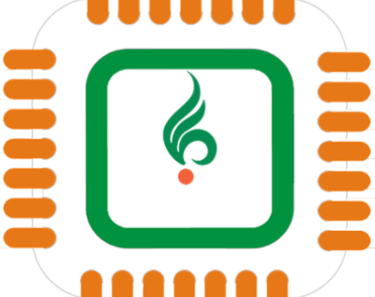Boosting System Efficiency with Hardware Compression
Explore how lossless data compression IPs from CAST are transforming system performance with faster throughput, lower latency, and real-time readiness.
8/5/20252 min read


Supercharging System Performance with Lossless Data Compression IPs
As data continues to grow exponentially across industries—from AI and cloud computing to automotive and edge applications—system efficiency has never been more critical. One of the most effective ways to achieve this efficiency lies in lossless data compression, especially when implemented in hardware. CAST, a leading provider of IP cores, recently hosted a webinar highlighting how lossless compression IPs can significantly enhance system performance.
Why Lossless Compression Matters
Data compression isn’t a new concept. However, the increasing demand for real-time processing, power efficiency, and high throughput has placed greater emphasis on lossless methods that ensure data integrity. Compression solutions help reduce bandwidth requirements, lower storage needs, and improve the overall speed of data movement across a system.
While both software and hardware solutions are available, hardware-based compression provides clear advantages when it comes to latency, scalability, and power consumption—a point emphasized throughout the CAST webinar.
Expert Insights from Dr. Calliope-Louisa Sotiropoulou
The session, titled Unpacking System Performance: Supercharge Your Systems with Lossless Compression IPs, was led by Dr. Calliope-Louisa Sotiropoulou, Sales Engineer and Product Manager at CAST. With a PhD in Electronics Engineering and a background in FPGA systems for aerospace and defense, Dr. Sotiropoulou brings deep technical expertise to the topic of compression.
In the 35-minute webinar, followed by a 10-minute audience Q&A, she walks through essential topics, including:
What lossless data compression is and why it's essential
Key differences between software and hardware compression
How to choose the right compression algorithm for your application
Real-life use cases and implementation examples
An overview of CAST’s IP core portfolio and architecture support
Software vs. Hardware: A Clear Distinction
Dr. Sotiropoulou explains that while software compression offers flexibility, it comes with notable downsides:
High CPU load
Poor scalability for high-throughput applications
Unpredictable latency
In contrast, hardware-based solutions provide:
Deterministic performance
Multi-Gbps throughput
Lower power usage
Real-time processing capability
For designers building systems that demand high-speed data handling with minimal overhead, hardware compression IPs are increasingly becoming the standard.
Deep Dive into Integration and Performance
The webinar also covers a variety of real-world integration scenarios, showing how CAST’s lossless compression IPs have been successfully deployed in both ASIC and FPGA implementations. Dr. Sotiropoulou provides examples that illustrate the scalability and efficiency of these IPs across various use cases—from optimizing memory and file sizes to enabling robust data communication in high-performance systems.
Additionally, she outlines how CAST’s solutions are designed for easy integration, with customizable features that fit diverse application requirements.
Conclusion: An Essential Tool for Data-Driven Systems
As systems become more data-intensive, the need for efficient, reliable compression methods will only increase. CAST’s webinar reinforces that hardware-based lossless data compression is not just a performance boost—it’s a necessity for future-proof system design.
For engineers, architects, and decision-makers, adopting IPs that address throughput, latency, and power in one solution is key to maintaining a competitive edge.
CAST’s IP portfolio offers a powerful option to meet this demand, delivering performance gains that scale across a wide range of applications.
Source - Semiwiki
QUICK LINKS
NEIL RAO TOWERS, 117 & 118, Rd Number 3, Vijayanagar, EPIP Zone, Whitefield, Bengaluru, Karnataka 560066
200/2, Tada Kandriga, Tada Mandalam, Tirupati District - 524401
Locations

